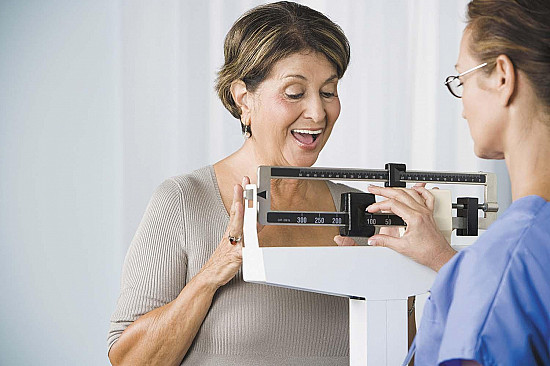Top 10 sources of calories in the U.S. diet
According to the Dietary Guidelines Advisory Committee (a panel of 13 nutrition experts charged with helping develop federal nutrition standards), Americans are eating many more calories than they used to.
Very few people follow the federal dietary guidelines, which recommend daily servings of dark green vegetables, orange vegetables, legumes, fruits, whole grains, and low-fat milk and milk products. Instead, we eat foods full of refined grains, sugar, fat, and calories — just check out the list of "What Americans Eat" below.
This is one Top 10 list you don't want to make. Take a look and see what you can do to get closer to the recommended dietary guidelines.
What Americans Eat: Top 10 sources of calories in the U.S. diet
- Grain-based desserts (cakes, cookies, donuts, pies, crisps, cobblers, and granola bars)
- Yeast breads
- Chicken and chicken-mixed dishes
- Soda, energy drinks, and sports drinks
- Pizza
- Alcoholic beverages
- Pasta and pasta dishes
- Mexican mixed dishes
- Beef and beef-mixed dishes
- Dairy desserts
Source: Report of the 2010 Dietary Guidelines Advisory Committee
For more on weight loss strategies, buy Healthy Solutions to Lose Weight and Keep it Off.
Disclaimer:
As a service to our readers, Harvard Health Publishing provides access to our library of archived content. Please note the date of last review or update on all articles.
No content on this site, regardless of date, should ever be used as a substitute for direct medical advice from your doctor or other qualified clinician.















